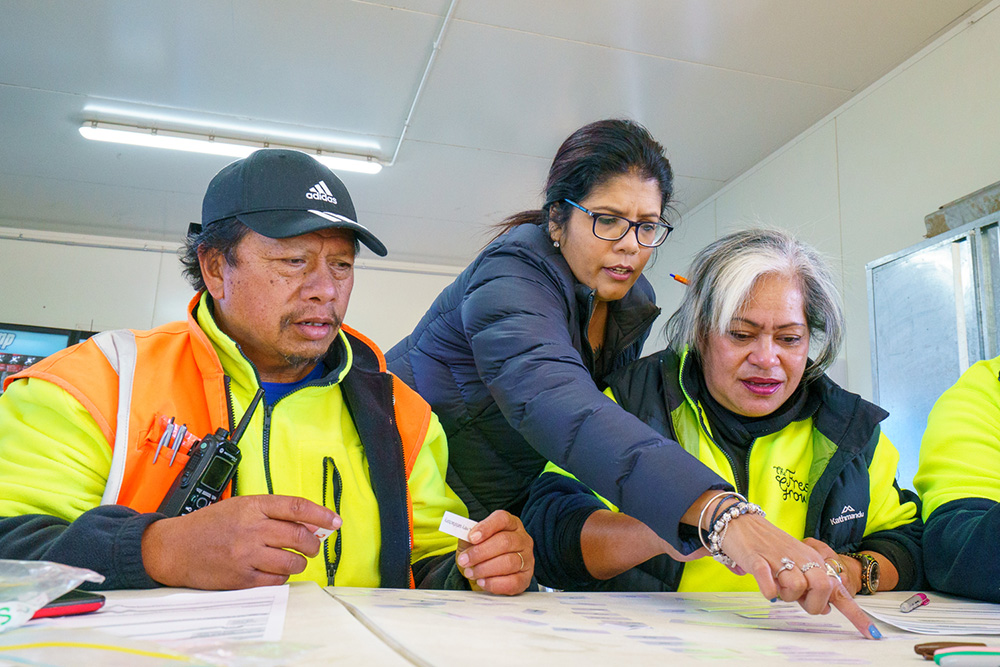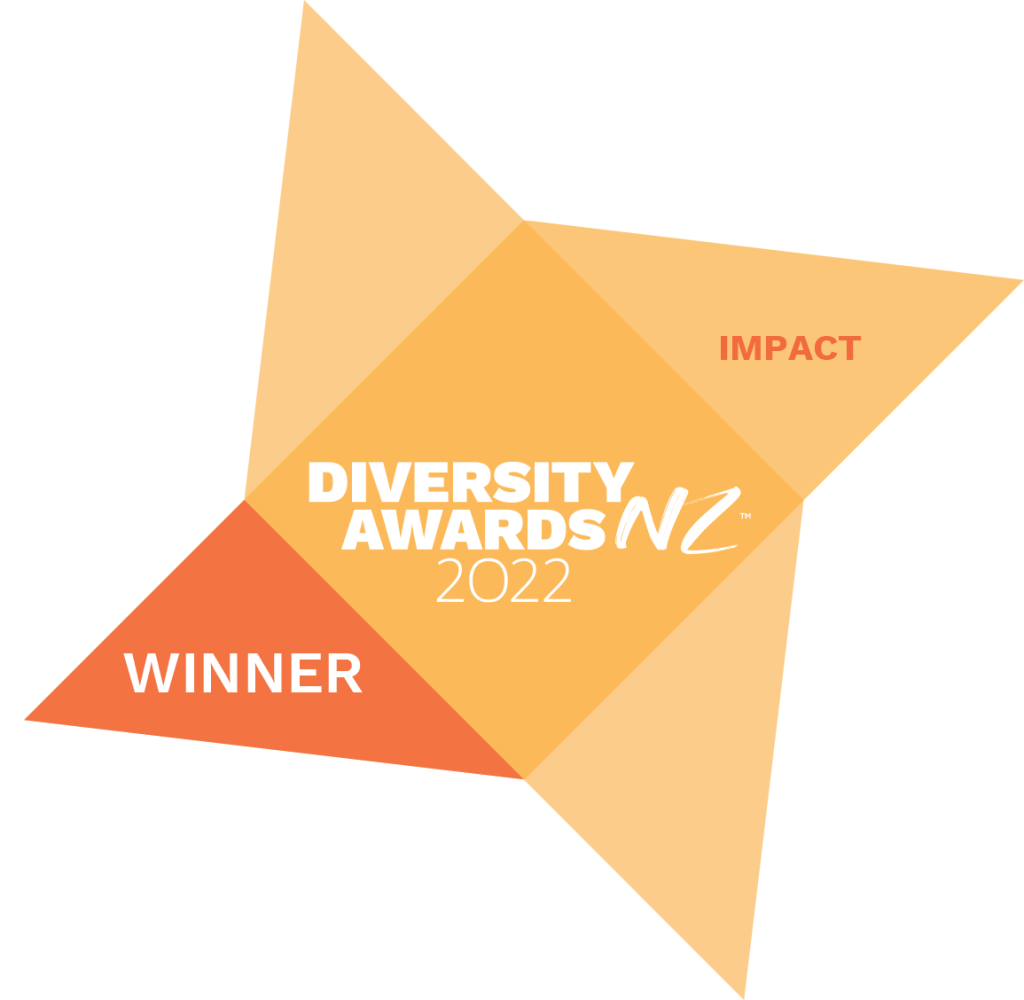Waste
All sorts of associations probably spring to mind when it comes to this word – from your wastepaper bin at the (home) office to food scraps and other things we throw away. But in the Japanese manufacturing industry, they’ve been thinking about waste differently for years. It all started in the Toyota factories seeking improvement and efficiency in their manufacturing process with creating value for the customer as the ultimate goal.
What does all this have to do with people and talent? LEAN thinking and manufacturing create a different lens to consider waste – from wasted motion and transportation to wasted product due to defects. There are 8 types of waste in this LEAN model and underutilised talent is one of them. Put simply, think about the staff at all levels of your organisation – are they fulfilling their potential? Are they adding as much value to your organisation as they could be? What needs to happen to unlock latent talent?
Creating an organisation that has a genuine learning culture is the environment in which people and companies can thrive. Not only does this drive greater engagement, but it also builds a pipeline of talent within your organisation to future-proof and achieves succession planning that is a genuine win-win for companies, individuals, communities and economies.
So what is a learning culture?
Various definitions are out there, including the CEB’s definition:
“a culture that supports an open mindset, an independent quest for knowledge, and shared learning directed toward the mission and goals of the organization.”
Also:
- A psychologically safe environment where it’s okay to disagree with someone up the hierarchy.
- A company where it’s okay to learn from your mistakes – a growth mindset approach to work.
- Individuals have the chance to climb the career pathway in your organisation or step up to opportunities that will grow their skills (think Health and Safety Rep, Diversity and Inclusion Champion, etc).
- Formal and informal learning opportunities exist – from courses and programmes through to buddy training and incidental on job learning.
- Learning programmes leave a legacy – how is the learning sustained, and transferred into the organisation every day, not just the day after training?
- Knowledge and skills are accessible to all staff.
How do you create a learning culture?
- Be clear about the training opportunities that exist, and not just for corporate staff. Create a visible career pathway.
- Training spots in regular meetings and process–learning bites that occur as part of BAU.
- Make mistakes a visible part of learning and focus on the process rather than blaming individuals.
- Real-time and just-in-time learning is integrated into everyday workflow.
- Before engaging with online learning, do a digital skills audit of your staff and factor in a digital literacy capability build before any roll-out.
- Be aware that barriers to learning (levels of literacy and numeracy, previous negative experiences of education) can exist for anyone and address this first.
- Make space, digitally or physically, for a learning channel where people can share new learnings.
- Make learning personalised, relevant and transferrable to the workplace.
- Leverage the funded training landscape in Aotearoa – this space is well supported by the government,
- The Tertiary Education Commission’s Workplace Literacy and Numeracy Fund
- Te Puni Kōkiri’s Leadership Cadet Programme
- MBIE’s Project Ikuna to boost Digital and Financial literacy for Pasifika
- MSD’s Mana in Mahi and Skills for Industry programmes
Why does this matter now, more than ever?
The pandemic means Aotearoa’s borders are impacted and this has the knock-on effect of tightening our labour market. This means retaining staff becomes key – and also has an impact on your talent pipeline. It makes sense in this type of climate to grow your own people – not only do they bring all their institutional and technical knowledge up with them, but you retain them for longer, build loyalty, and gain a reputation for promoting from within your own organisation. You save time and money recruiting, inducting, onboarding and ramping new staff up to full productivity.
The numbers stack up to support this too: A Deloitte survey in 2019 found that organisations with a strong learning culture experience 37% higher productivity and are 92% more likely to innovate. Another compelling reason to create a learning culture is fostering a mindset for learning – workplaces and technology are constantly shifting and evolving and we need employees who can embrace change and innovation with confidence.
Your organisation’s success lies in its people. Don’t make the mistake of letting their potential remain untapped. Upskills has helped 100s of New Zealand businesses create a learning culture by building growth mindsets for learning. Talk to us about the particular challenges your organisation is facing and empower your people and business for lasting success.
About Upskills
Upskills’ tailored workplace training solutions enable employees to unlock their potential. Our award-winning training is delivered on-site in workplaces throughout New Zealand by our network of experienced, dynamic tutors.
We partner with organisations like yours to help you take advantage of available government funding for training to grow your business:
- workplace literacy and numeracy
- early leadership
- wellbeing
- financial literacy
- digital literacy
We offer a pathway to career progression with tailored courses for aspiring leaders, supervisors, and trainers.
Would you like a more motivated, engaged, and loyal staff? Call Holly or Sarah on 09 622 3979 or email us for a free training needs analysis.




